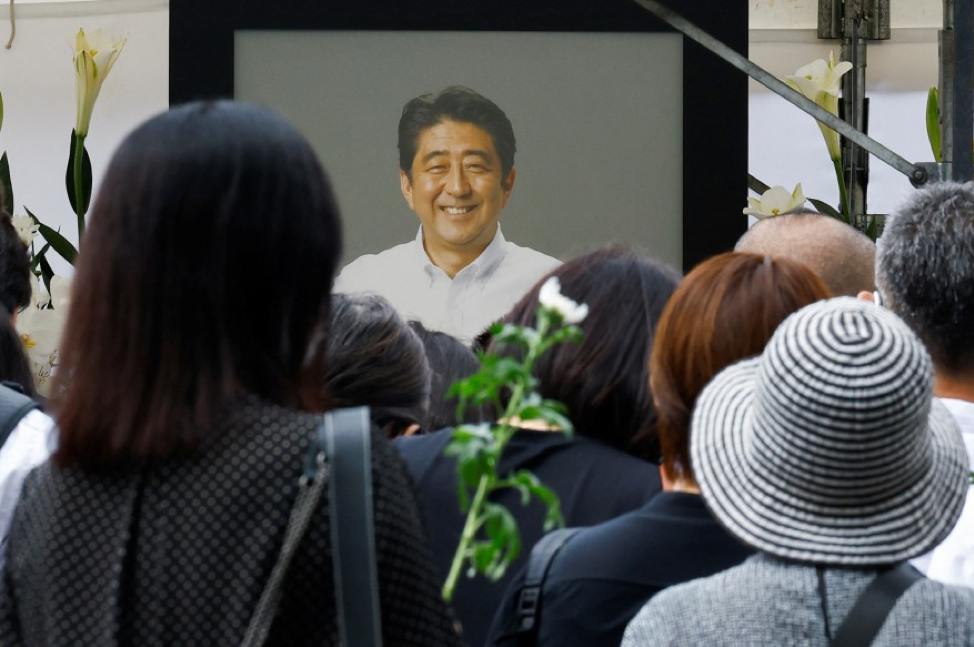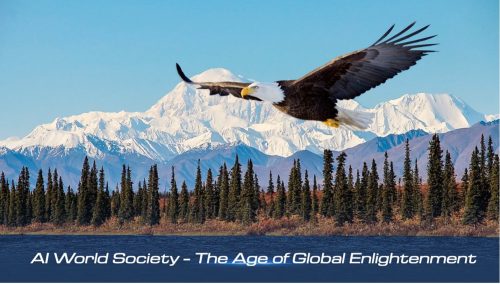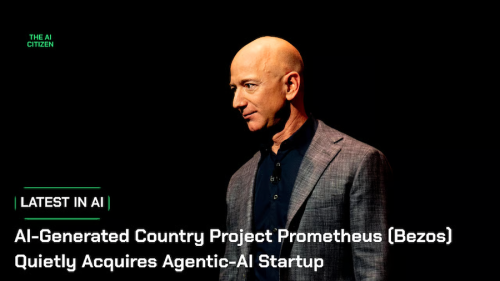In foreign policy, Abe started from the premise that China’s rise meant that Japan had no alternative to keeping the U.S. committed to Japan’s defense and the security and prosperity of Asia more broadly. He repeatedly took risks to achieve this goal, including bolstering ties with Australia and India—the other members of an increasingly institutionalized Quadrilateral Security Dialogue, or “Quad.” He also made shadow competition with China in Southeast Asia a top priority.
Although he had tried to stabilize relations with China while in office—Chinese President Xi Jinping had been scheduled to visit Japan in spring 2020—following his resignation, Abe became an increasingly vocal critic of China’s human rights violations and alarmed by the shifting military balance in the Taiwan Strait. Last year, he argued that “a Taiwan crisis would be a crisis for Japan” and called for the U.S. to end its strategic ambiguity policy. Both Suga and Kishida have followed Abe’s approach to foreign policy.
https://time.com/6196551/shinzo-abe-legacy-after-death-japan/
The Boston Global Forum established the Shinzo Abe Initiative for Peace and Security in order to:
- Connect world leaders (leaders of government, parliament, businesses), scholars, thinkers, creators to accompany, dedicate, continue to fight, build a world of peace, security and prosperity.
- Continue the implementation of the fundamental ideas in the book “Remaking the World – Toward an Age of Global Enlightenment”, which Prime Minister Abe is a Distinguished Contributor.
- Recruit organizations and individuals to join this initiative.










